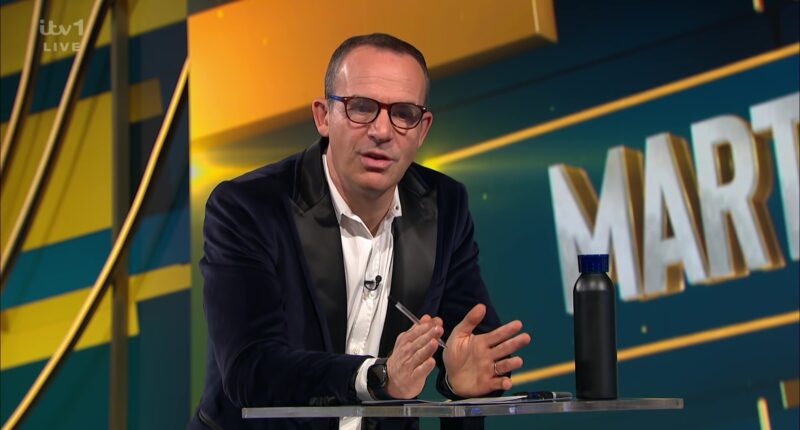MARTIN Lewis has warned that one million families have £1,000s in lost cash – here’s how to track it down.
The advice relates to families who have lost child trust funds (CTF) and some are worth more than £2,000.
In the latest episode of the Martin Lewis Money Show, the consumer champion said: “This advice is for anyone of any child born between September 21, 2002 and January 2, 2011 – those are the key dates.
“There are up to one million children born between those dates who have around £1,000 in child trust funds, but neither you nor they know about it or have lost track.”
Government figures from last year show that £374million is sitting untouched in CTFs, worth an average of £2,142 each.
And Martin said: “Even if you never added anything to CTFs, there will still be money in there.”


CTFs are a type of savings account that used to be available for young children – the initiative aimed to kick start good savings habits.
The Labour government automatically opened accounts for any children born between September 1, 2002, and January 2, 2011.
All of these children automatically received a £250 voucher at birth, although lower-income families would have got £500.
And children born between 2002 and 2010 would have received an additional £250 when they turned seven.
Most read in Money
Parents could then decide whether the cash would be invested in stocks and shares or saved in cash when accounts were opened – and the money could not be accessed until the child turned 18.
The first batch of teenagers with CTF accounts turned 18 and were able to access to their accounts from September 2, 2020.
But many young adults who have come of age don’t even know they have an account – and they could be missing out on thousands of pounds.
It is important to note that if you were born after January 2, 2011, you will not have a fund set up.
CTFs were replaced with Junior ISAs in November 2011.
How can you claim?
A CTF matures on the accountholder’s 18th birthday.
At this point, the child automatically takes over the account and no more money can be added.
Until your child withdraws or transfers the money, it stays in an account that no one else has access to.
If you are one of the tens of thousands of young adults who haven’t claimed their account, the government has an online tracing service where you can find out if you have one and which provider it’s with.
To find out more, you’ll need a government gateway login and National Insurance number.
If you are a parent looking to find out about your child’s fund you can either access it online, or you’ll need to send a letter to HMRC with the following details:
- Full name and address
- Child’s full name and address
- Child’s date of birth
- Child’s National Insurance number or Unique Reference Number if known
What can you do once you’ve claimed the money?
While it might be tempting to spend all the cash at once, there are other options available to you.
Households can request the cash directly to their bank account, transfer it into an ISA or invest it.
Here are the full details of what can you do.
Cash it in
You can ask your CTF provider to hand over the money and get it paid into a bank account.
You’ll need to share the bank account details you wish to transfer the cash into with HMRC.
Remember you’ll need to be at least 18 before you can cash out the savings.
Transfer it into an ISA
You can transfer it into an ISA.
An ISA is an Individual Savings Account and you don’t pay tax on the interest you earn in these types of accounts.
You can have a cash ISA – although the interest rates on these are typically lower than a standard savings account – or a stocks and shares ISA, which lets you invest the money if you don’t mind taking some risk.
A good option for young people saving to buy their first home is the Lifetime ISA.
You can stash £4,000 a year into these accounts and the government will give you a 25% bonus on your savings as long as you use it to buy your first property, or if you wait until retirement age to access the cash.


It won’t incur income or capital gains tax and will sit until the account holder does something with it.
This isn’t a great option though as your money won’t be earning interest, which means its value in real terms is often eroded by inflation.










